On January 20, 2024, Level Legal turned 15. To commemorate the milestone, CEO Joey Seeber highlighted the things that have changed – and stayed the same – throughout Level Legal’s eDiscovery journey.
Q: Fifteen years is a long time! How has Level Legal changed and stayed the same?
A: Even after 15 years, we’ve kept the same team. When Level Legal first started, we were a small team doing document review in a law firm. In 2009, I suggested to my business partners that we spin the work out into a new company. I googled every permutation of legal document review within litigation and the legal space. The results that came up totaled less than one page before they went off topic. Really, there was only one company that showed up in the space.
Now not only are there many people in this business, but also now the businesses have been merged with others or acquired. Other than Level Legal, I don’t know of anyone else that started in this business more than a few years and hasn’t been merged or acquired.
There are advantages to combining forces with other companies. But for the most part, the service-oriented profession has become spreadsheet- and private-equity driven. Typically, service levels decline after an acquisition. When that happens Level Legal has an opportunity to provide a viable alternative because we are who we’ve always been – though we have added forensics and eDiscovery service lines. So what’s changed is that there’s even more opportunity to do great work, just not in the way we guessed there would be 15 years ago.
Q: What was the state of technology before the launch?
A: Before we started Level Legal, there were no platform tools for doc review. We were literally mirroring hard drives and then lawyers were searching within whatever database existed, such as emails and Word documents. The process was super-inefficient and time-consuming. This was right at the dawn of the shift from paper to digital.
If Relativity even existed at this time, it was a nascent platform, using much less efficient tools. We call them “blunt force” tools as opposed to the specific/advanced ones we have now. So back then review took many more hours of time spent per set of documents.
Q: Advanced tools like AI?
A: Long before AI, tools became more efficient for sorting, culling, de-duping, and threading. All the talk around AI is interesting and exciting, but really, we’ve been using some form of AI for the better part of a decade – not generative AI, more like machine-learning.
But along with the increase in effectiveness of tools is the exponential growth in data. When Level Legal started, email was relatively new. We had been using it in business communications for maybe a decade. New forms of communication – like text messaging, instant messaging, and even emojis – make our work more complex. Today there’s virtually no unspoken or uncommunicated thought! So with new data sources and ways to communicate ideas comes a huge growth in the amount of data that has to be considered for litigation and other legal needs.
The bottom line is, yes, there’s been a huge change in technology here. I believe we’re keeping pace, but there’s still just a lot of work to be done on the data side and the review side.
Q: You’ve said eDiscovery has always been humans helping humans and that only the technology in the middle has changed. What do you mean by that?
A: When I first owned my own business in 1996, I couldn’t afford to pay an accountant or a bookkeeper. I knew that I needed to keep a good record of my books, so I got a floppy disk version of a popular accounting program to do the books myself. At the time, that was the technology’s purpose: DIY accounting. That tech evolved, so you didn’t have to purchase a floppy disk to load the software onto your computer; you could just download it off the web. Now you don’t even have to do that; you can just use the online cloud version.
That program was – and is – a great tool. It democratized accounting. But there are lots of businesses that exist now to help people use the tool because it’s not always simple in application. There are more tax requirements, and there are more opportunities for error. So there’s a whole industry now that helps people with software that was originally meant to be a do-it-yourself tool. Humans helping humans with tech in the middle.
So as with accounting programs, there are lots of easy-to-use eDiscovery platforms. But anything more than very simple projects require expertise. Level Legal is humans helping humans with the tech in the middle, be it AI or otherwise.
Q: Why is the human part of legal services so important to Level Legal?
A: The “legal” part of Level Legal is the law, the profession, which, at its core, is an attorney helping an individual with a problem the individual can’t navigate herself. Over time, legal has become a business, and in some sense, we have forgotten that it’s humans helping humans at the core. This is why Level Legal emphasizes this so much. Even in our small corner of the legal ecosystem, we recognize we’re humans helping humans with a problem. Obviously, we engage with law firms and companies and help with what may be an organizational problem, but still, there are humans on that side.
Q: Does AI need humans?
A: Sure. We didn’t have most of today’s tech 15 years ago, but we still needed to deploy tools and solve problems to get to deliverables. Generative AI (GAI) is really the same thing. There are great opportunities to use this technology to provide a better product or service and to make it less expensive. But someone still has to apply it, understand it, and use it in a timely, efficient manner to solve a customer’s problem. With GAI, someone has to write the query, provide input, navigate through it, proficiently use it, ask proper questions, and put it in a format to deliver the product or service.
Q: Has litigation changed?
A: Yes, it has changed. There are more specific rules for discovery, whether in a regulatory context, litigation, or compliance. With the proliferation of discovery, there are now limits on the number of custodians that can be collected. Litigation has also become more sophisticated, and local and federal rules have changed to deal with the move from paper to digital.
If you think about it, Apple released the first iPhone in 2007. Recognizing that can help you think about how things have changed.
Q: What’s changed in document review?
A: The data sets we’re reviewing are much denser and richer with responsive and privileged information. The tools on the front end have gotten much better. At one time, 90 percent of what we reviewed was non-responsive. Now that percentage is much lower. But at the same time, more responsive docs exist because they’re culled on the front end. So it can actually slow down the review because you’re only looking at responsive docs.
Q: What about pricing?
A: Pricing has changed a lot. It now can cost up to $18,000 to manage one gigabyte of data through review. While Level Legal’s hourly rates have been virtually flat for a decade, rates are double now what they were 15 years ago. Competition, maturing of the industry, and compression of rates has occurred and been substantial, both on the data side and the hourly rate side.
Q: How have customers changed?
A: Customers have become a lot more sophisticated in understanding the data world better and in their expectations or when they’re looking for good partners. The industry has been around long enough that many customers have had a bad or good experience and now know what to look for in a partnership. This is where Level Legal has great opportunities. Organizations are better able to discern among potential partners, and they know now to ask about service levels, related agreements, and potential pitfalls.
Q: What do you expect in 2024?
A: Some things change, some stay the same. But what abides? Hospitality, making legal human, a laser focus on customer service. We’ll keep doing what we’ve been doing: looking for opportunities to deliver delight to our customers, no matter what changes.
Interested in an eDiscovery partner with staying power? Contact us today to experience the Level Legal difference.


